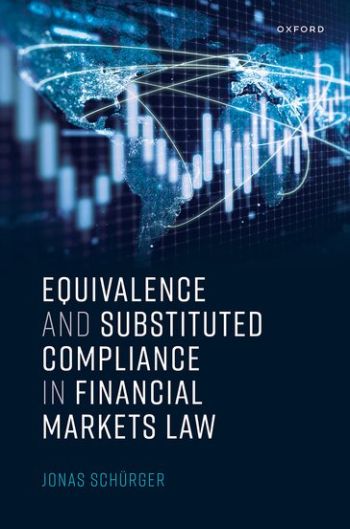
Increasingly extraterritorial regulation of states, protectionist tendencies, and the EU's tightening of its foreign trade policy result in a growing legal fragmentation that stands in stark contrast to the reality of global financial markets. This fragmentation can lead to restricted market access and poses significant legal and economic risks.
Equivalence and Substituted Compliance in Financial Markets Law champions deference as a viable concept to counteract this development. The book examines the mechanisms of equivalence and substitued compliance in the European Union, Switzerland and the United States from a comparative, economic, and constitutional perspective. Discussing questions of national law, EU law, and world trade law, this book provides an in-depth analysis of equivalence and addresses the question of how to design a global financial architecture in the future.
Chapters One and Two provide an overview of the development of mutual recognition within the European Union and current equivalence practices, while Chapters Three and Four examine similar frameworks in Switzerland and the United States respectively. Chapter Five concludes by giving an outlook on the future of global finance architecture and argues for the expansion of deference in international finance.